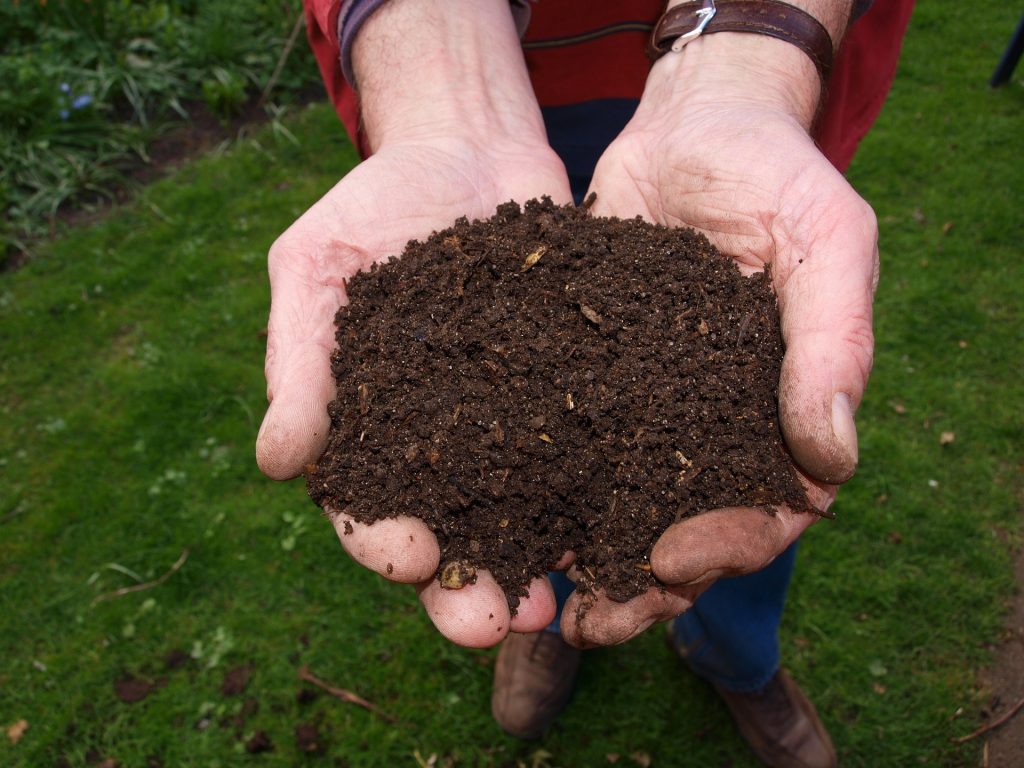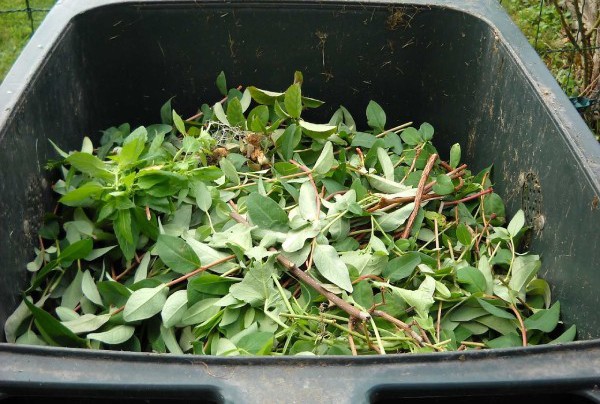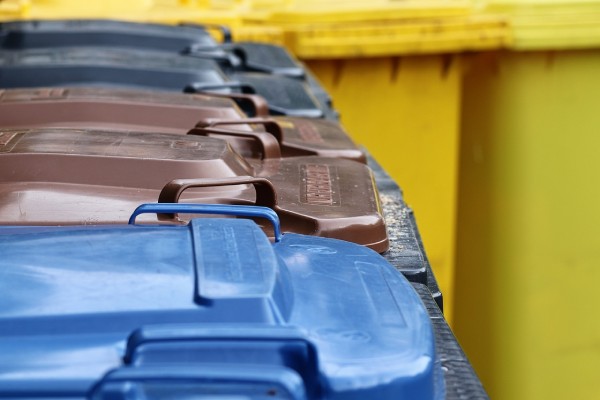Community waste treatment
Accueil | Waste composting | Type of waste | Municipal waste
Recovering household waste, worm waste and sludge
Collective Waste Treatment
A large portion of household waste can be treated through composting and co-composting. To obtain a homogeneous compostable product, the input characteristics of the waste are controlled: structure, size, chemical composition, moisture content,… The compost from household waste is primarily aimed at agricultural recovery.
Urban wastewater treatment plant sludge

Sewage sludge from wastewater treatment plants is difficult to compost due to its high moisture content and lack of structure.
In order to obtain a quality standardized NFU 44095 compost, the sludges are mixed with co-composting materials.
These co-composting materials consist of plant matter and possibly a fermentable fraction of household waste and/or animal manure.
Private and public green waste

Green waste originates from the maintenance and cleaning of private or public natural spaces.
After removing non-fermentable products (plastic, soil, etc.), they are shredded and then directed to composting platforms.
They do not require the addition of co-products for composting.
Residual household waste items

After selective sorting of household waste, certain undesirable or polluting remaining elements must be removed.
It is only after such sorting that household waste can be composted to meet the stringent quality criteria imposed by AFNOR.
In order to obtain a standardized NFU 44051 compost, it must be mixed with green waste.
All VAL'ID services
Discover the diversity of compostable waste: agricultural, industrial and municipal, and how to turn it into a valuable resource.
Explore VAL’ID’s innovative technology for fast, efficient composting without turning, guaranteeing a top-quality product.
Understand the importance of maturation in composting, a key stage in obtaining rich, fertile compost that is beneficial to agriculture.
Learn how composting transforms waste into a natural fertilizer, contributing to sustainable agriculture and environmental protection.
How does composting community waste work?
Composting waste from communities is a key lever in the transition towards a circular economy. This practice allows for transforming household waste, green waste, and sewage sludge into useful organic amendments, thereby reducing environmental impact while generating benefits for agricultural soils.
